Great producer! Great musician! Mr. Q Forever!
American music great and producer Quincy Jones passed away on November 3, 2024 at his home in Los Angeles. He was 91 years old.
Our deepest condolences go out to his family and friends.
Quincy Jones is widely known as the producer of Michael Jackson's haunted album, Thriller, which was and continues to be the best-selling album in the world.
Quincy Jones' Upbringing and Emerging into Pop
Quincy Jones was born in Chicago, Illinois, in March 1933. His town was a predominantly black neighborhood that was a hotbed of poverty, drugs, violence, and prostitution.
Quincy's professional career began at the age of 14, when he earned a degree from Seattle University in 1951 and attended Berklee College of Music. Later, as a trumpet player, he joined the Lionel Hampton Orchestra and was the master of the vibraphone. Quincy developed his talents as an arranger in the Hampton Orchestra. He went on to arrange for jazz legends such as Count Basie and Duke Ellington.
In 1956, Quincy Jones released first album, My Idea of Jazz. It laid the foundation for his career as a composer and arranger.
The most impressive part of Quincy Jones' career was his collaboration with Michael Jackson.
Listening to Quincy's subsequent albums, one gets the impression that he was more inclined to pop music than to jazz, his main occupation. Perhaps Quincy was originally a musician based on a neutral conception, with no idea of drawing lines between genres.
Let’s talk about his roots.
■ Recommended album: Helen Merrill with Clifford Brown (1955)
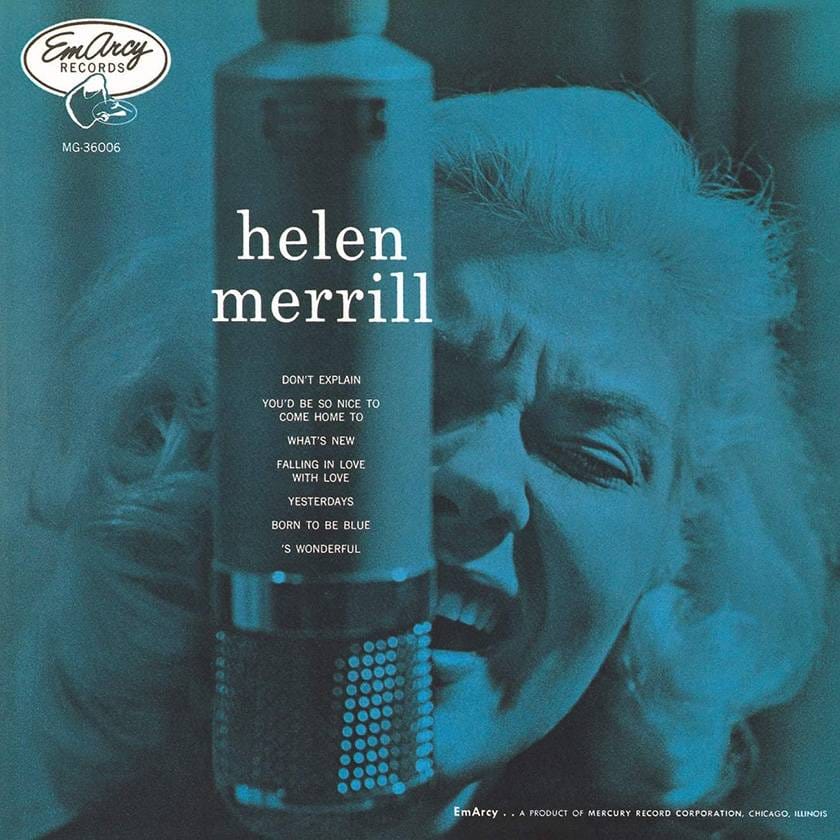
Helen Merrill's masterpiece of an album, also known as the “Sigh of New York”, was arranged and conducted by Quincy Jones about a year before the release of her first album. Quincy Jones arranged and conducted this album about a year before the release of his own first album. The collaboration with Clifford Brown, a gifted trumpeter who died prematurely at the age of 25, is striking.
Quincy himself was a trumpet player, so one can imagine that he had a strong attachment to Clifford Brown.
The epoch-making song “You'll Be So Nice to Come Home to” is included on this album. It is a song with an impressive melody that everyone can sing along to. The song has the elements of a hit song and it immediately became a hit by the public.
Other songs include “Swanderful,” a Gershwin classic, and “What's New,” a jazz standard, and all were selected with a pop sensibility.
Quincy Jones must have accumulated the know-how of what makes a successful album and what makes a successful song by working on a large number of albums. I imagine that this led to Michael Jackson's Thriller.
Recommended Song: “You'll Be So Nice to Come Home To”
This song, “You'll Be So Nice to Come Home To,” is a favorite of many. The subdued piano solo that comes after Helen Merrill's entwining vocals seems to make Clifford Brown's trumpet solo that follows more vivid.
I think we are all aware of the fact that the impression and memory level of an album is enhanced all thanks to this single song.
Especially in the case of jazz albums, there is often only one hit song out of the entire album. The song that anchored the album, “You'll Be So Nice to Come Home To,” was the one.
■ Recommended album: Quincy Jones, Soul Bossa Nova (1964)
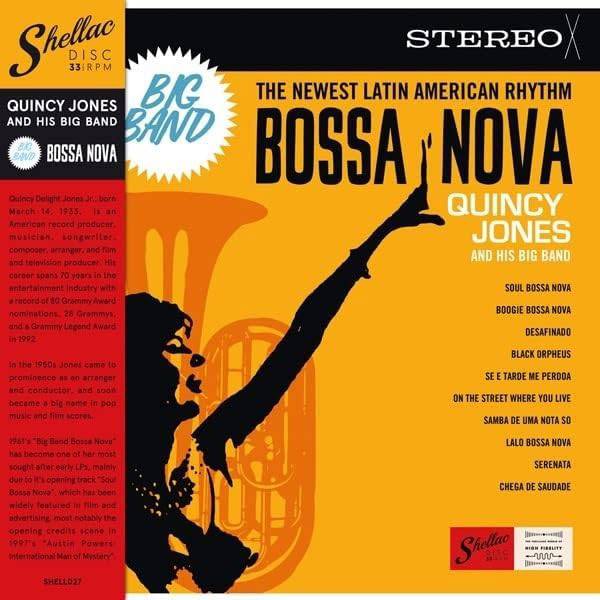
From the late 1950s to the early 1960s, bossa nova, a genre that emerged from Brazil, swept the world.
Quincy was adept at grasping global trends, and was one of the first to feature classic songs sung by Antonio Carlos Jobim, João Gilberto, and others on his albums.
It was an extraordinary challenge to drag out a simple bossa nova sung on acoustic guitar into the big band arena and perform it.
This album shows Quincy's producerial sense of presenting new trends in a new way.
The recording team included Lalo Schifrin, Jim Hall, and Roland Kirk. Quincy's preference for using talented musicians continued into his later years of album production.
Recommended music: “Soul Bossa Nova”
In addition to offering a new take on bossa nova, the album opens with an original piece with a striking theme. The theme was a challenging one that would not have been possible without an orchestra, and it was a departure from the acoustic guitar-centered bossa nova. This is a song that shows the brilliant young Quincy at his best.
“Soul Bossa Nova” was Quincy's greeting to Brazilian music.
Recommended Song: “No More Blues”
João Gilberto's memorable hit song that heralded the dawn of bossa nova. The beautiful melody is full of Brazilian saudade and was arranged in the Quincy style. Perhaps Quincy had already foreseen the universality of bossa nova when he brought out this song at the end of the album.
Musicians, albums, and song recommendations featured in this issue
- Artists: Quincy Jones, Helen Merrill, Clifford Brown, Lalo Schifrin
- Albums: Helen Merrill with Clifford Brown, Soul Bossa Nova
- Recommended songs: “You'll Be So Nice to Come Home to”, “Soul Bossa Nova”, “No More Blues”
The “sound & person” column is made up of contributions from you.
For details about contributing, click here.






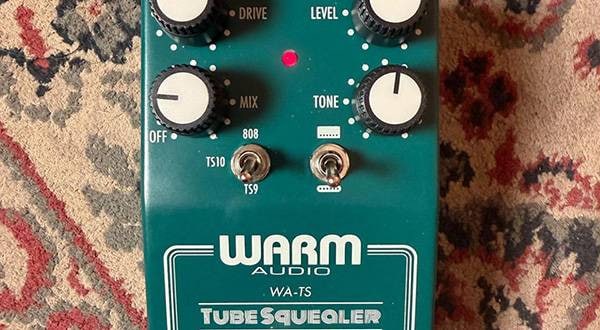
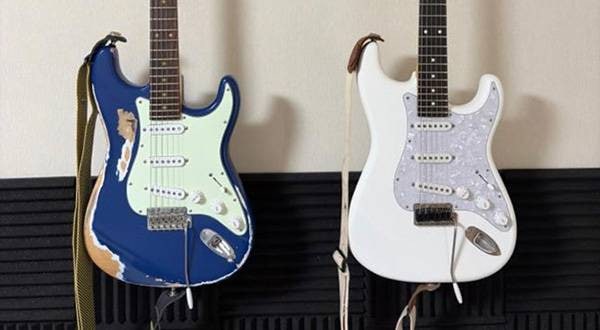
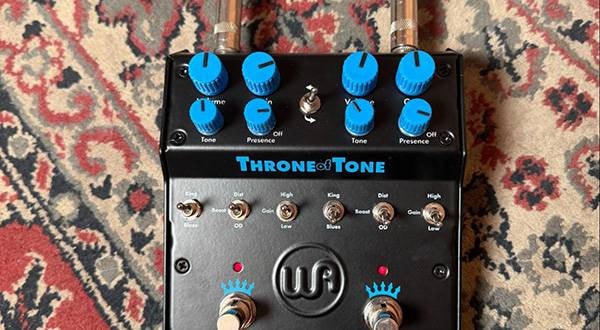
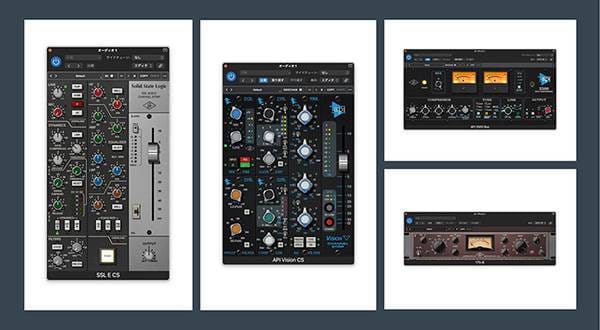

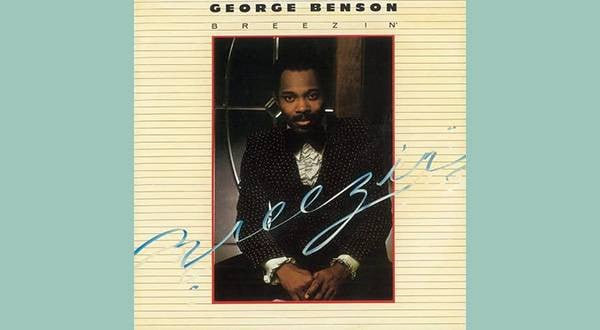
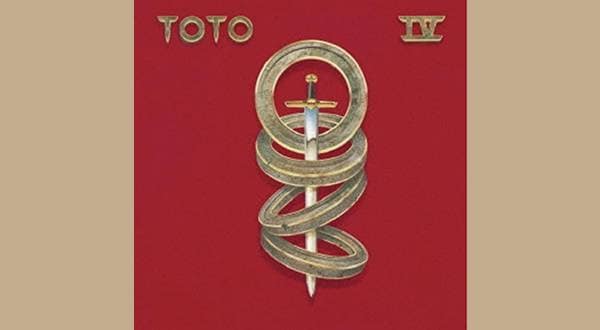

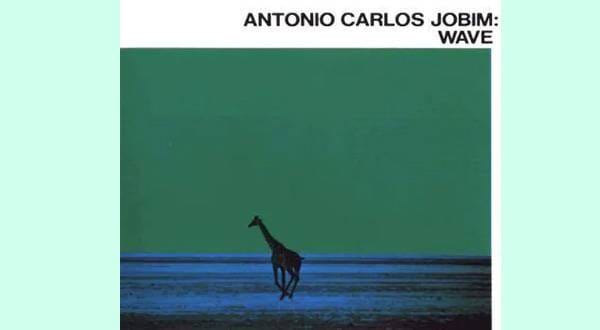
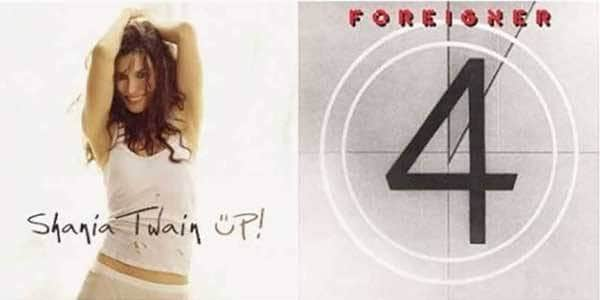
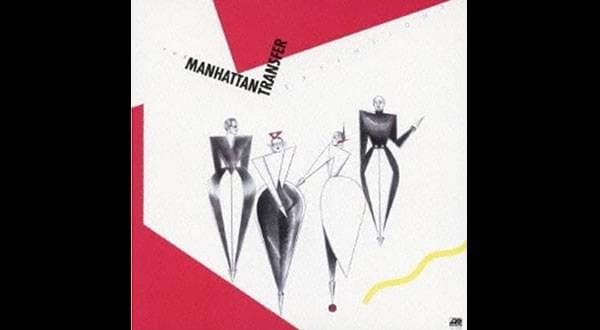
 PLAYTECH 鍵盤特集
PLAYTECH 鍵盤特集
 プラスチック管楽器特集
プラスチック管楽器特集
 虎の巻 トランペット
虎の巻 トランペット
 用途で選ぶ!鍵盤楽器の種類
用途で選ぶ!鍵盤楽器の種類
 キーボードスタートガイド
キーボードスタートガイド
 キーボード・ピアノ講座
キーボード・ピアノ講座














